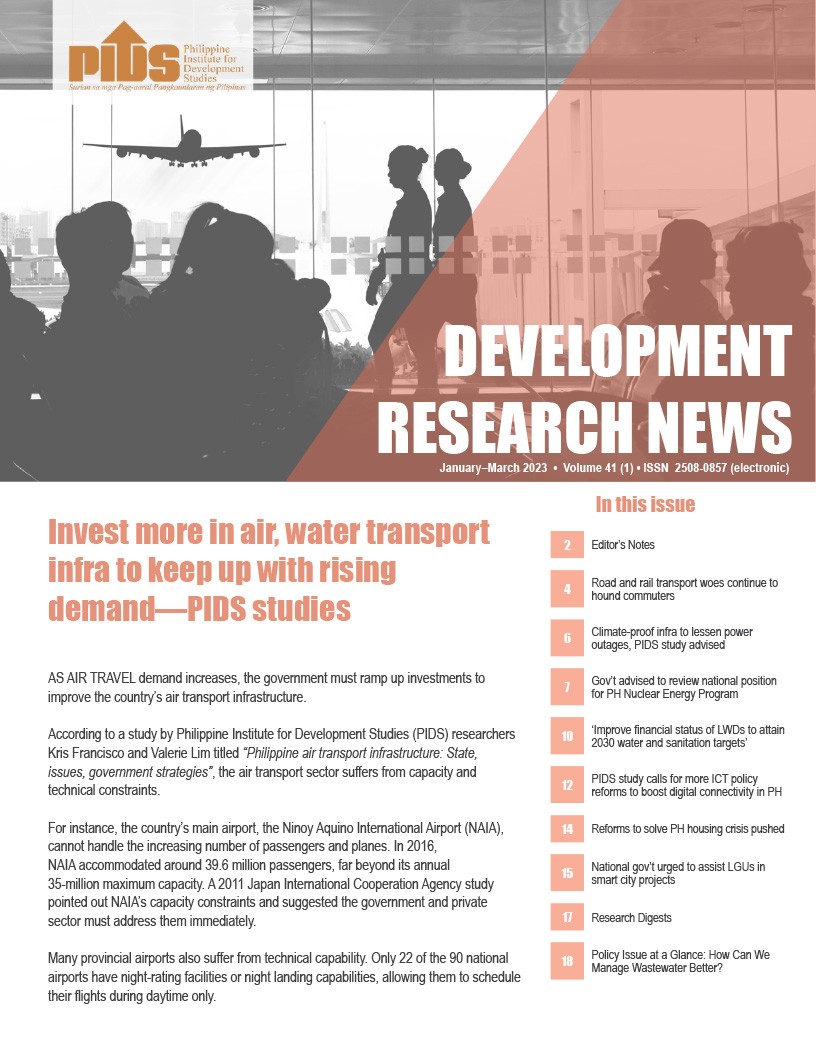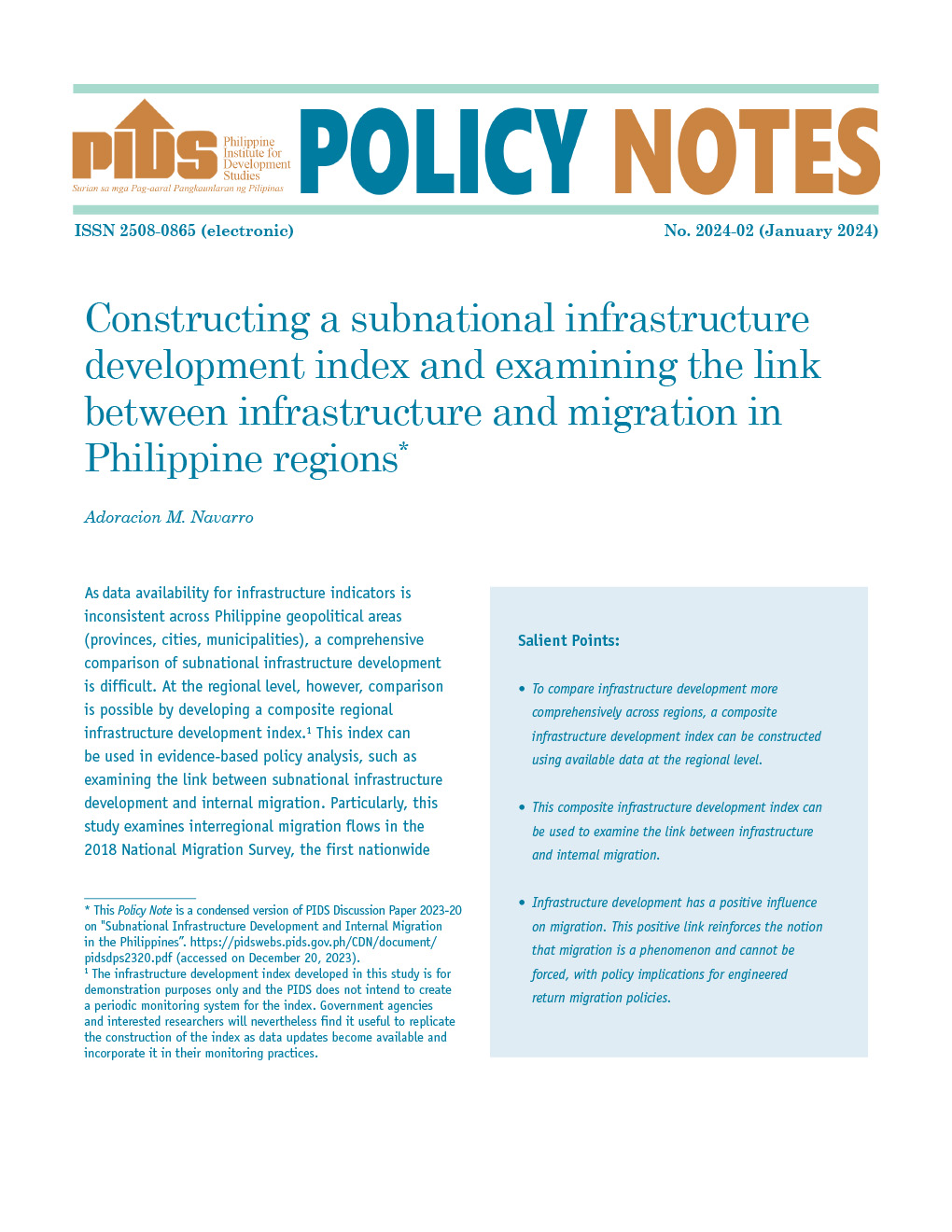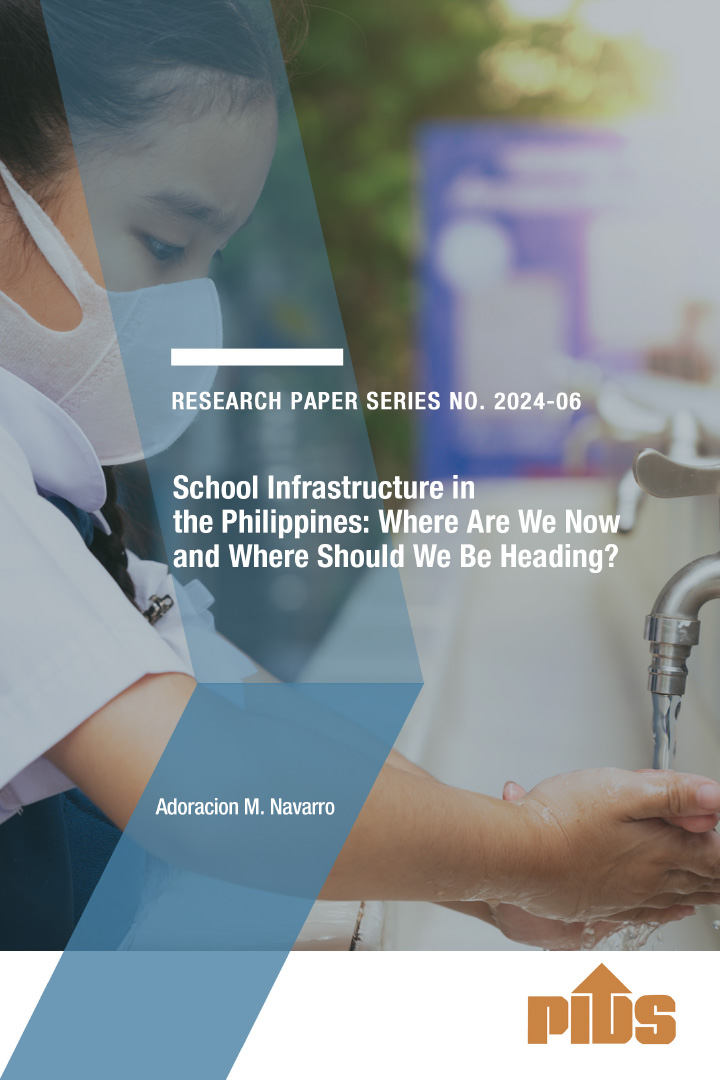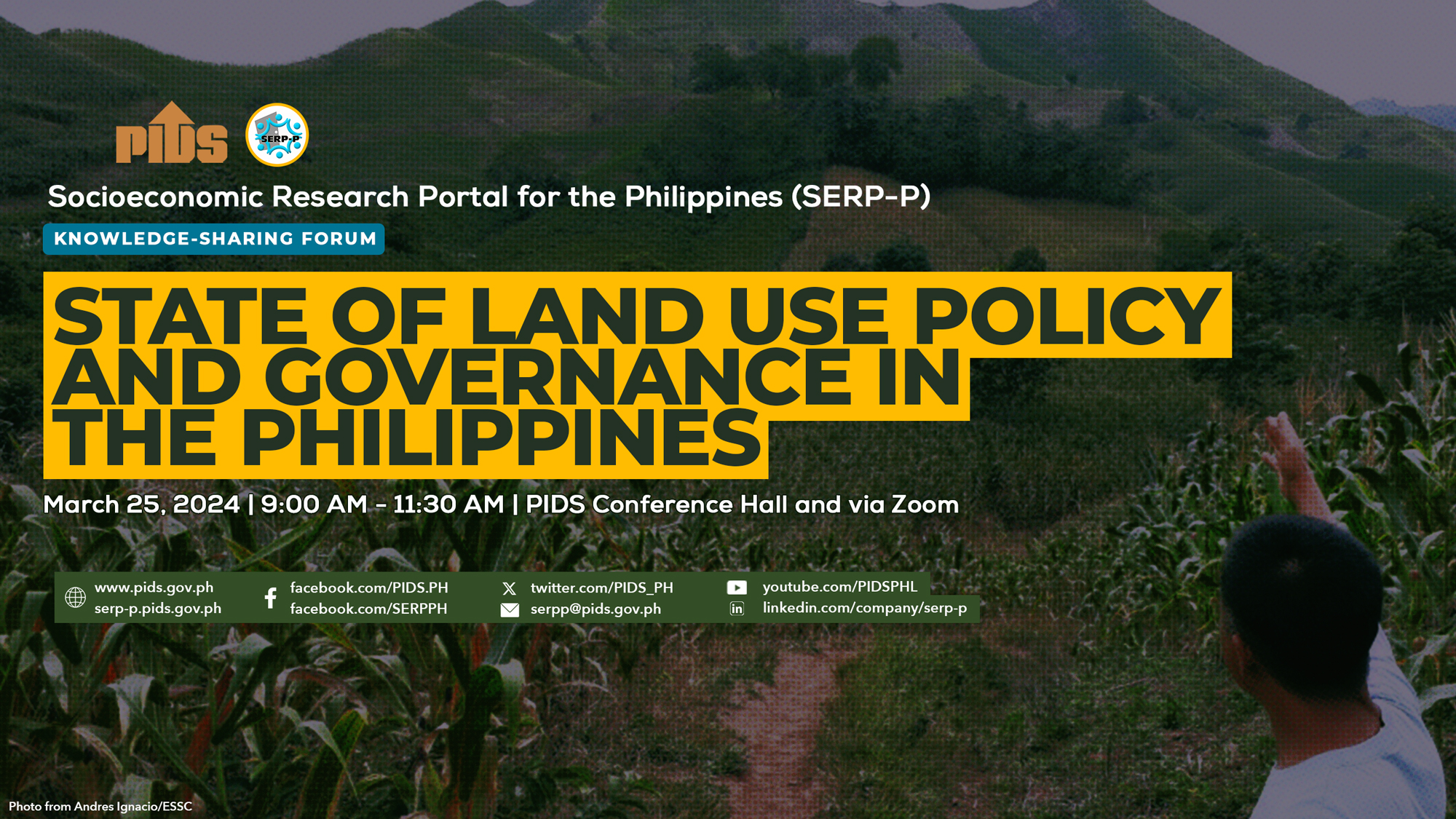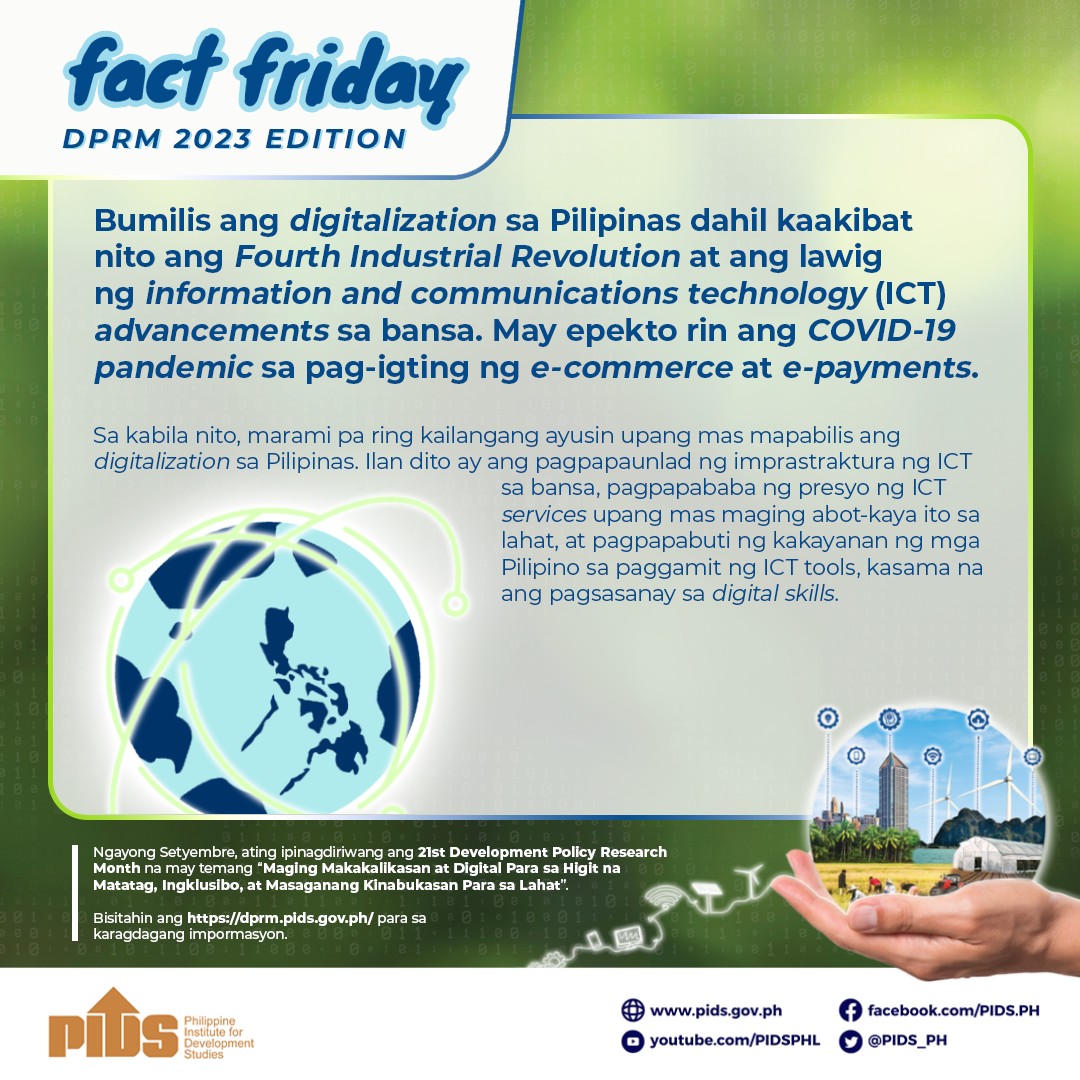The Philippine Institute for Development Studies (PIDS) is urging the strengthening of the country’s regulatory framework for the telecommunications industry, saying fostering competition alone is not enough to strengthen the industry.
In a new discussion paper, the state-run policy research institution said while further liberalization is essential to the advancement of the sector, reforms in the regulatory system and specific rules are needed to “reboot” the sector and make it an engine of economic development.
A package of structural reforms is needed to improve regulatory quality and support the efficient functioning of ICT markets. While the regulatory regime (or specific rules) and the competition framework are essential elements, they will only work if an effective regulatory authority with the right mandate is in place,” said PIDS in a paper titled “Rebooting Philippine Telecommunications Through Structural Reform.
In the course of introducing reforms, the think tank said the government and the industry must not lose sight of the goal to provide universal service and access to Filipinos under the Philippine Development Plan 2017-2022.
Using the scoring system developed by the International Telecommunications Union (ITU) Union, PIDS noted the quality of Philippine telecommunications environment is “significantly below what is considered international best practice.” Out of the highest score of 100 that “represents the best scenario,” the Philippines scored only 52.30.
The ITU Regulatory Tracker covers various elements that make up an effective regulatory environment. The scoring system reveals how far a given country is from international practice.
In a new discussion paper, the state-run policy research institution said while further liberalization is essential to the advancement of the sector, reforms in the regulatory system and specific rules are needed to “reboot” the sector and make it an engine of economic development.
A package of structural reforms is needed to improve regulatory quality and support the efficient functioning of ICT markets. While the regulatory regime (or specific rules) and the competition framework are essential elements, they will only work if an effective regulatory authority with the right mandate is in place,” said PIDS in a paper titled “Rebooting Philippine Telecommunications Through Structural Reform.
In the course of introducing reforms, the think tank said the government and the industry must not lose sight of the goal to provide universal service and access to Filipinos under the Philippine Development Plan 2017-2022.
Using the scoring system developed by the International Telecommunications Union (ITU) Union, PIDS noted the quality of Philippine telecommunications environment is “significantly below what is considered international best practice.” Out of the highest score of 100 that “represents the best scenario,” the Philippines scored only 52.30.
The ITU Regulatory Tracker covers various elements that make up an effective regulatory environment. The scoring system reveals how far a given country is from international practice.

